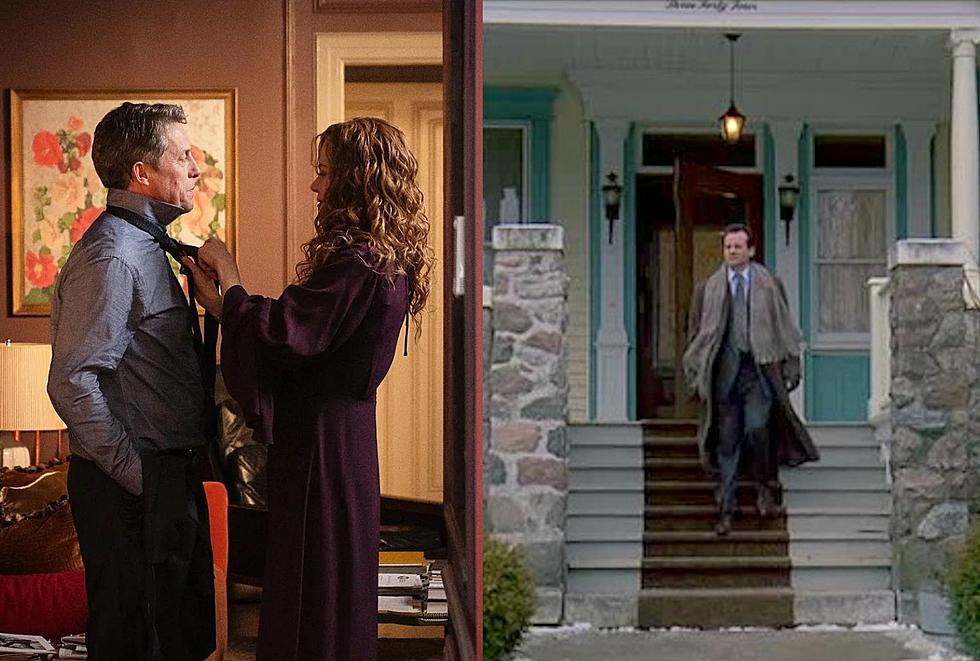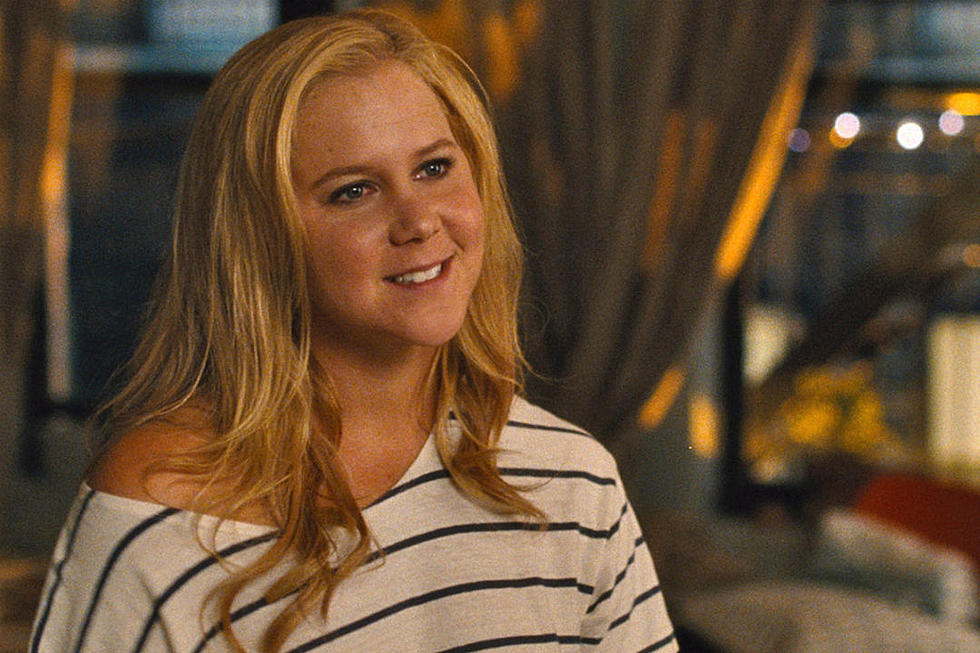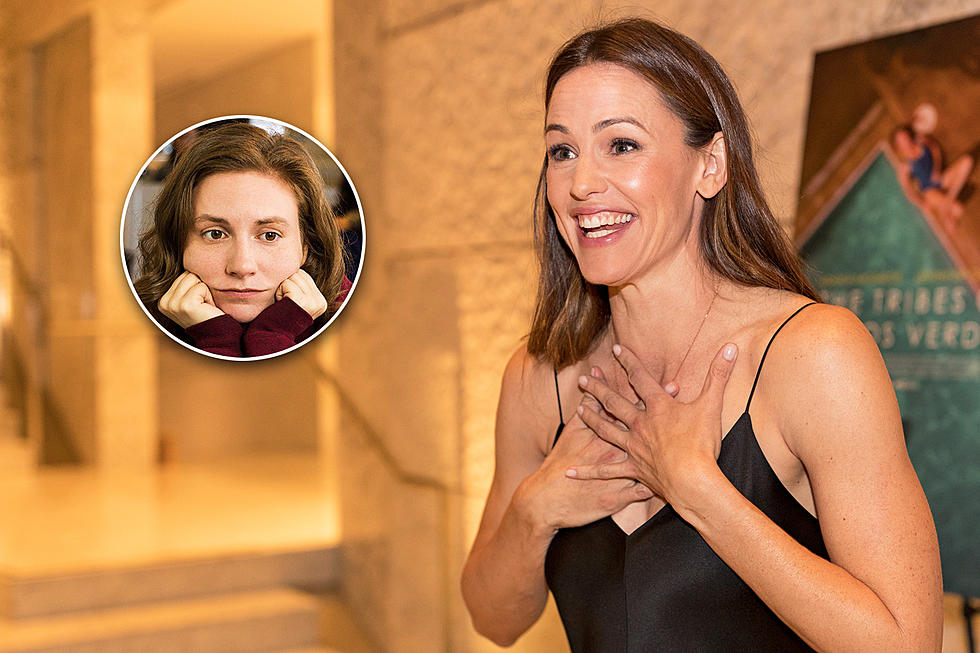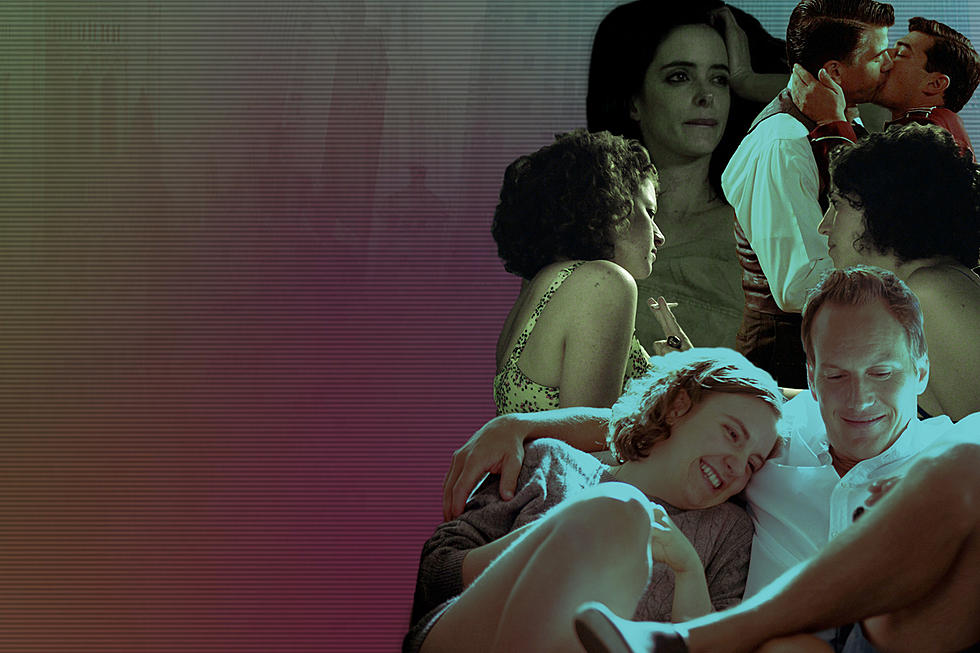
Reel Women: ‘Girls’, Comedy and the V-Word Problem
This week's planned Reel Women piece was about 'Girls' and the problems audiences seem to have with flawed protagonists, but there's been a change of plans after reading some of the negative responses to the title of this week's episode, "Vagina Panic." This indicates a reflexive response to the "v-word" that is both disheartening and astonishing.
The problematic claim is that showrunners use jokes about vaginas (and periods, and other lady business things) for shock value. This implies that we live in a world that isn't ready to accept this discussion on either a frank level or that it's somehow inappropriate. Yet, a man humping a pie for laughs is totally acceptable, and any number of jokes about impotence and penis size are welcome.
Whitney Cummings' two TV shows -- 'Whitney' and '2 Broke Girls' (the latter of which, while flawed, can still be rather humorous) -- feature female-centric humor about vaginas, periods and even rape.
The rape jokes on '2 Broke Girls' aren't any different than the ones that most girls make among their own friends, and the prevalence of this sort of humor is rising because of something positive: there are more female writers working in television, which means they're going to write about things that are more relevant to them.
But what about that other female-centric stuff, like vaginas and periods?
For this we turn to 'Girls,' a show that's been eliciting rather extreme reactions -- both positive and negative -- since its premiere last week. This week's episode was titled "Vagina Panic." It was a sex-heavy, female body-heavy episode, with a trip to an abortion clinic, gynecological interaction, and a debate over degradation in relation to sex and what is and isn't okay.
Hannah (Lena Dunham, the show's creator) has a great joke when talking to a worried Marnie (Allison Williams), who thinks she might be barren because she's never had a pregnancy scare and her period comes at the same time every month. Hannah says, "I never know when I'm gonna get my period and it's always a surprise, and that's why all my underwear is covered in weird stains." The joke is instantly relatable for women, but that doesn't mean men can't see the humor in it, too. When you have a long-term girlfriend or wife, you inevitably become more familiar with their cycle, or maybe you come from a family with a lot of sisters, or maybe you don't understand it at all and that joke illuminated things a little awkwardly for you. There's plenty of ways this joke can be funny.
The idea that vaginal humor isn't funny or isn't okay is archaic and oppressive. A woman can find jokes about penises just as funny as a man can find a joke about a vagina. There is no joke ownership, though those writing the jokes may find it easier to write about certain topics to which they directly relate. We are not offended by the stream of dominant male-centric humor permeating film and television, so why are people so offended by this new wave of honest female humor?
It stems from a place of discomfort, that outdated idea that vaginas are weird and mysterious, and we shun that which we don't understand. And it's not just men. There are still women out there who don't feel comfortable openly discussing their bodies. This isn't to say we should all run out into the street and announce the arrival of our periods to unsuspecting strangers but the idea that we can't have honest discussions or even joke about our bodies is, frankly, sad.
Men can joke about masturbating to women in magazines (see: 'Seinfeld'), but there's still something taboo about a woman declaring her intent to masturbate when she has some alone time (see: '2 Broke Girls'). There is still some sense of male ownership when it comes to this act, as if it's too primitive an act for a woman to engage in.
We view men as inherently more insecure than women and in need of so much reassurance when it comes to the delicacy of their manhood, but we live in a culture that thrives on the perpetuation of female insecurity -- and who is being supportive of us?
The aversion to vaginal humor is -- without a doubt -- a sexist one. Maybe it's because people fear what they don't understand, but you can't understand something until you start talking about it openly. They say write what you know, and who knows vaginas better than a woman? This humor is positive because it encourages healthy dialogue and acceptance, and it lets women know that it's okay to talk and even joke about these things. It also lets us know that we're not alone, that someone else gets us, and we need that.
The humor in 'Girls' is created by and for women, but it's also wonderfully accessible for men. Any distaste for it based on the notion that a man can't relate and thus can't find the humor in it is absurd. Women may not be able to relate to having a penis, but we can still find the humor in those jokes. You don't have to directly relate to a character to be entertained by their lives. You need only empathize with their problems on a subjective level.
If you don't let us talk and make jokes about these things, it doesn't make them any less tangible. They exist and we're going to laugh about them. Get used to it.
More From ScreenCrush









